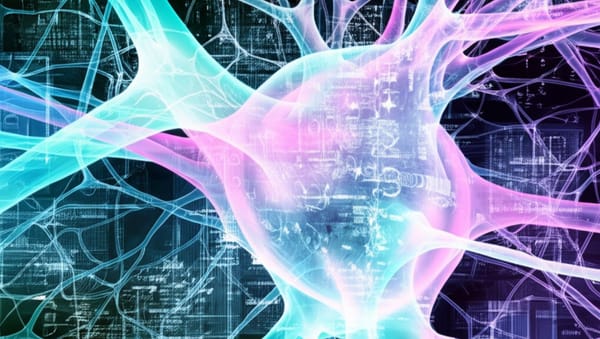Why Your Sales Team Won't Be Replaced: The Business Intuition AI Can't Match

"Figuring out how to do competitive assessments, how to do fuzzy logic tasks around competition, sales, go-to-market distribution as a whole – that is not being close to solved with AI," warns AI strategy expert Nate B Jones, identifying a critical gap in artificial intelligence capabilities that preserves significant human value in business development.
End of Miles reports this assessment comes as organizations increasingly worry about which job categories face elimination in the advancing AI era – concerns that Jones suggests are fundamentally misguided.
The AI Wall Has Canyons
Jones frames the current AI landscape not as an unbroken wall of advancing capabilities, but as a structure riddled with gaps. "If you look at AI as this advancing wall of intelligence, which sounds really scary, what you're seeing is that it's not really a wall – it's actually full of canyons and cracks and areas where it's not getting better," he explains.
"The more certain parts of AI improve, the more obvious it gets where those gaps are. And they're not getting better." Nate B Jones
According to the Seattle-based analyst, one of the most significant of these gaps lies in the intuitive aspects of business strategy – particularly in sales and distribution, where human judgment and competitive analysis remain superior to algorithmic approaches.
Beyond Dinner Deals
The AI strategy expert clarifies that his observation goes beyond the common reassurance that AI can't "sit down for dinner and close a deal." While this social limitation is real, Jones identifies a deeper cognitive limitation in artificial intelligence.
"I don't just mean that AI can't sit down for dinner and close a deal – that's certainly true and people have said that before. But I also mean that AI is really bad at the gut level intuition that comes with good distribution and good distribution strategies." Jones
This intuitive shortfall applies across multiple business functions that require competitive assessment and strategic positioning – areas where human experience and pattern recognition still provide irreplaceable advantages.
The Strategic Opportunity Ahead
For professionals working in sales, business development, and competitive strategy, Jones's analysis suggests focusing on the unique value of human judgment rather than attempting to compete with AI in areas where machines excel.
"The pendulum has swung so far over on the gloom and despair side that we are ignoring these really interesting niches that are coming and that are becoming more obvious as intelligence is scaling," the tech strategist notes.
"We need to think about areas where we are not seeing those investments and what it means from a job family perspective to refocus and rethink what jobs are meaningful in the AI era." Jones
While AI rapidly advances in domains like medical research, code production, and complex text generation, its progress in areas requiring business intuition and competitive assessment remains notably slower – creating a persistent advantage for humans who can deliver these capabilities.
Upskilling Toward Human Advantages
Jones concludes with advice for workers concerned about AI disruption: "Think about where job families are going and look at how you can upskill in that direction."
For those in business development, sales, and strategy roles, this means leaning into the distinctly human capabilities around intuitive market assessment and competitive strategy that continue to elude even the most advanced AI systems.




